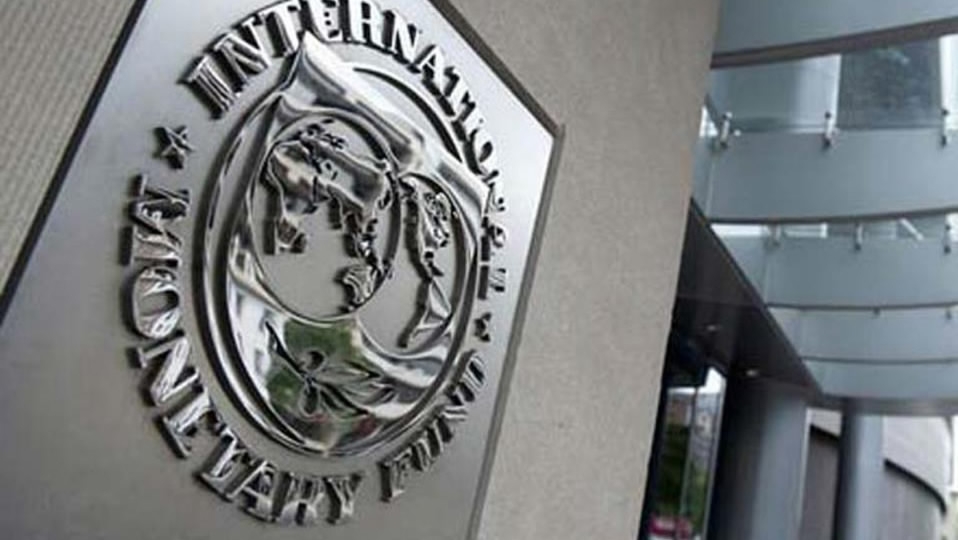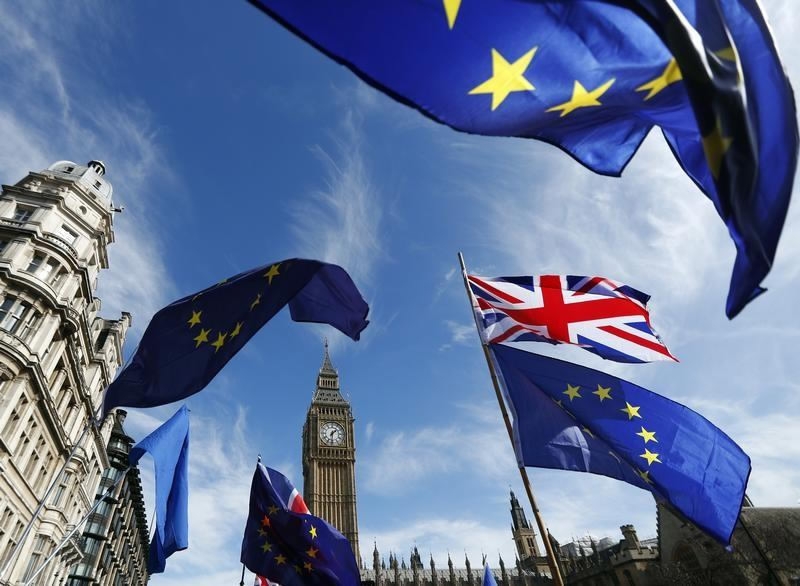
Business
20:56, 13-Nov-2017
IMF says Europe's growth more durable, warns of 'disruptive' Brexit threat
CGTN

Europe’s economy is now hitting its stride, the International Monetary Fund said on Monday, but a disruptive Brexit could result in “appreciably” lower growth for both Britain and the euro zone.
The IMF’s latest Regional Economic Outlook, which looks at more than 40 countries from Germany and the UK to Turkey and Russia, said the current recovery looks increasingly assured.
It is partly driven by central bank stimulus and low-interest rates, but also by improving fundamentals, as evidenced by a pick-up in investment across a broad range of economies.
“This recovery looks increasingly durable,” the deputy director of the IMF’s European Department, Joerg Decressin, told Reuters at a presentation of the report published on Monday.

VCG Photo
VCG Photo
The IMF’s World Economic Outlook, published at September meetings in Washington, forecasts region-wide growth of 2.4 percent this year and 2.1 percent next year, but much has shifted in the background since then.
Decressin said it supported the European Central Bank’s careful approach to cutting its stimulus. He also said inflation justified the Bank of England’s raising its interest rates for the first time since the financial crisis.
Decressin said the IMF’s expectation remained that a deal with a transition period would be struck. Its economists have not run any “no deal” forecasts, he said, but a “disruptive” Brexit is likely to have a damaging impact.
French President Emmanuel Macron’s proposals to accelerate euro zone integration have been an important part of that, Decressin said. He also gave the IMF’s clearest backing yet for plans to convert the European Stability Mechanism into IMF-style crisis lender.

VCG Photo
VCG Photo
“We are supportive of the objective,” he said. “With an appropriate governance structure and a strong surveillance mandate, an EMF (European Monetary Fund) could really strengthen crisis prevention and management.”
An ability to make swift and decisive decisions will be key. The euro zone often labored during its various crises because it needed to get formal approval for measures from numerous national parliaments.
The IMF has also been left badly bruised by its involvement in Greece’s rolling crisis over the last seven years, which often saw it at odds with Athens and the likes of Berlin.
“We do not have an objective to retreat from supporting Europe, on the contrary,” Decressin said.
“We remain at the disposal of our European shareholders to help with any crisis if and when it emerges. We also hope to continue to play a useful role via our surveillance.”
Source(s): AP
,Reuters

SITEMAP
Copyright © 2018 CGTN. Beijing ICP prepared NO.16065310-3
Copyright © 2018 CGTN. Beijing ICP prepared NO.16065310-3